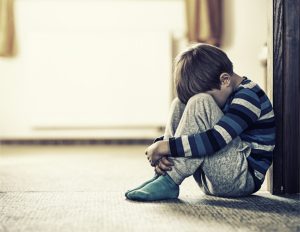Welcome
Foundation „Zu-Wendung für Kinder“
Only when children grow to have a stable and prosocial personality they will have sufficient energy and creativity to master the future. Children need adults who love and welcome them unconditionally – merely because they exist.


We are better off than ever, but our children have more and more problems.
We live in the – richest – most advanced – most democratic – freesociety we’ve ever had. All our basic needs are met. We fight for the environment and diversity, but what about our children?
Members of the Board
The members of our board are very renowned and have a life-long history of expertise in the field of childhood, education and development. They support the Foundation Inititiative with scientific background.

Prof. Gordon Neufeld
„The most important thing in our society is to protect the connections between parents and children. Not only for the children, but also for the parents, because they need this in order to fulfil their task. Without their children’s deep attachment to them, they cannot educate them.“
Prof. Gordon Neufeld has a history of more than 30 years of therapeutical work with families and is a world expert of the psychological and social function of attachment between parents and their children.

Prof. Ralph Dawirs
„Whether father, mother or grandparents care, it doesn’t matter. But a child needs a binding accompaniment, especially in the first years. We do not need nationalisation of childhood. Parents can do this much better than institutions like childcare centres.“
Prof. Ralph Dawirs is a neurobiologist and director of the scientific department of child and youth psychiatry in the university hospital of Erlangen.

Steve Biddulph
„Parents are torn back and forth between the task of earning and consuming and what they want to do for their children, namely give and communicate love, and how they can achieve enough love in their families. I think that all parents feel torn apart as they try to decide which way to go personally and whether their lives should be about money or more about parental love.“
Steve Biddulph is a family therapist and has worked with Australien families for more than 25 years. He also is the author of several world-wide known instructive books for parents on the topics of education and upbringing.
Our Ambassadors
The ambassadors of the Foundation „Zu-Wendung für Kinder“ („For Children“) support all our aims and actions and share our belief that infants and toddlers have „an elemental need for nearness and emotional support by their parents“ (Wolfgang Bergmann).

Barbara Wussow
„Laughing together, comforting our children and unconditional acceptance in a home where they feel comfortable, that is important to us.“

Angela Wiedl
„Children in their purity, with their great love let me recognize and experience to see the wonderful in everyday life. I am an ambassador for the foundation Zu-Wendung für Kinder, because children in the family feel the warmth, security and power of love – this wonderful invisible bond – to strengthen them for their lives.

Tamina Kallert
„For me, raising a child is the greatest challenge life has to offer. Who decides against it, misses one of the most important experiences at all.“

Rebecca Immanuel
„To experience unconditional love is the most important thing in the life of a child – love is the key to joy of life, freedom as well as mental and physical health.“

Dr. jur. utp. Albin Nees
„There’s no state to make without a family.“

Ralph Herforth
„With Mom and Dad on the couch, what could be bigger for such a little one? He then baths in this all is well feeling and is in these moments so incredibly there.“
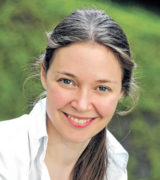
Theresia Herbst
„A secure bond with the father supports the child’s development of autonomy.“
Want to support the foundation as ambassador or sponsor?
News
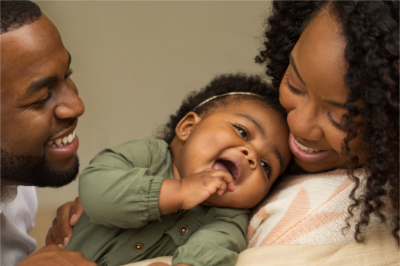
The first 1000 days of life are crucial
„An increase in the number of well developing children over the next 15 years would create a strong foundation for healthy, just and peaceful societies. It’s hard to see how the world can end poverty and inequality without considering early childhood development,“ said Dee Dee Yates, a world-renowned expert focusing on early childhood development and advocating for children and families at risk, including those affected by HIV and AIDS.
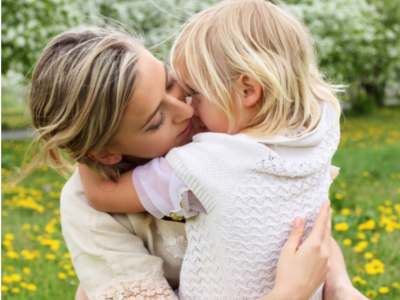
Better understanding
„Top-Mountaineers need Basis Camps“, Bowlby
Human development depends on the experience with the primary caregiver (mother, father, and, supplementary, any adult who loves the child). For the development of a coherent Self, authentic self-concept and healthy brain development children need an adult offering sensitive, reliable and coherent care. All later relationships will be based on these early experiences.
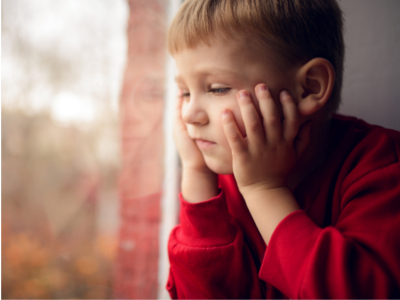
Early stress has lifelong consequences
Group Daycare is a stressful experience, especially for the youngest children. The longterm consequences can be dramatic as shown in several scientific studies. And we have only just begun to understand the grave impacts of toxic stress on brain development.
Videos on the topic in our media library:
- „Toxic stress derails healthy“, from Harvard Universität, USA
- „The Toxic Stress of Early Childhood Adversity“, from Harvard Universität, USA
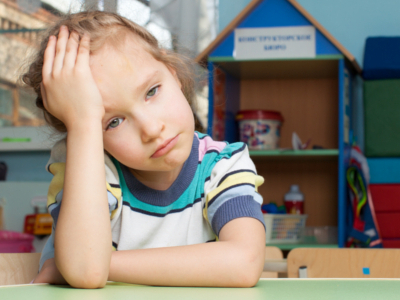
The risk of early group day-care
The more capacity of early group day-care is established, the more parents ask for it. This correlation resembles „modern times“and it totally ignores the need of small children. Hardly anyone seems to take note of their misery.
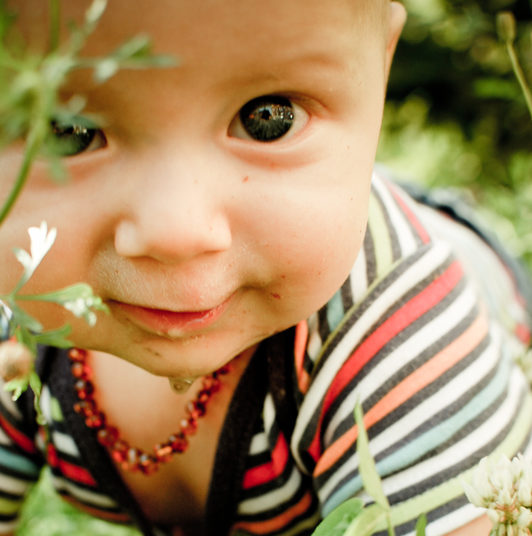
Toddlers explore the world
Babies are courageous and creative explorers of their world, if they can always count on emotional support by a loving attachment figure who emotionally resembles a stabile basis and a secure haven. A securely attached baby exploring the world has an unbeatable support and will start with advantages in school.
Education needs Attachment-Studie:
Marc H. Bornstein et al., Physically Developed and Exploratory Young Infants Contribute to Their Own Long-Term Academic Achievement, Psychological Science, Oktober 2013, 24 (10), 1906-1917
In our media library you will find many videos – also in English
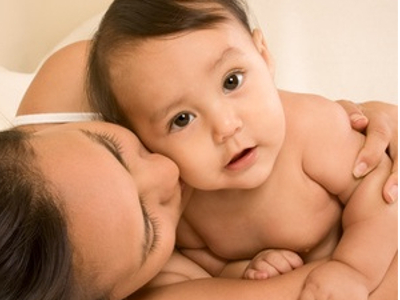
Loved children are smarter
Children whose mother has breastfed them and kept them with sensitive loving care throughout the day for the first 2-3 years of life have a bigger Hippocampus, the brainsection for learning, forming memories and coping with stress. Source: Science Daily
Studie: J. L. Luby et al., Maternal support in early childhood predicts larger hippocampal volumes at school age. Proceedings of the National Academy of Sciences, vorab online publiziert, 30. Januar 2012
Studies Conducted in Germany, Klaus und Karin Grossman et.al.
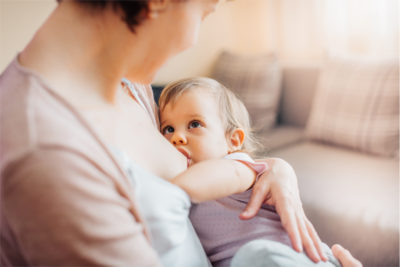
Breastfeeding – Development, health and attachment
Breastfeeding on demand? As often and as long as a baby wants ? There is much debate on the evolutionary way, but breastfeeding naturally gets more and more support by Naturegroups and scientific studies.
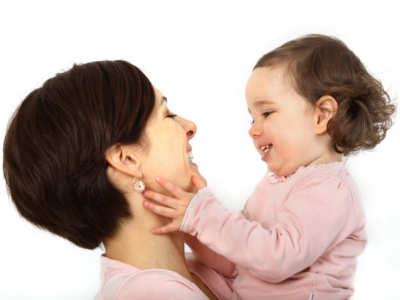
Survey: Mum or Daycare
In the first three years of life children should not be in group daycare settings but be kept and educated in the family. Two thirds of all Germans think so, according to a new survey by TNS Emnid on behalf of the magazine „Chrismon“.


